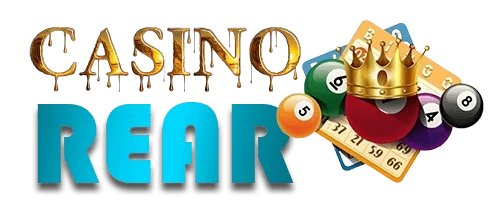The PlayStation Portable was a handheld ahead of its time, delivering console-quality experiences years before the concept became mainstream. Monster Hunter Freedom Unite became a cultural phenomenon in Japan, esse4d offering deep combat and cooperative gameplay that kept players engaged for hundreds of hours. Its success laid the foundation for the series’ eventual global breakthrough, proving that portable gaming could offer experiences as rich as home consoles.
The PSP excelled at bringing full-fledged franchise entries to a handheld format. Metal Gear Solid: Peace Walker wasn’t just a spin-off—it was an essential chapter in the series’ lore, introducing mechanics that would later evolve in The Phantom Pain. Similarly, God of War: Chains of Olympus and Ghost of Sparta delivered the same epic scale and visceral combat as their PS2 counterparts, proving that Sony’s handheld could handle AAA experiences without compromise.
Where the PSP truly shined was in its unique exclusives. Patapon blended rhythm gameplay with real-time strategy in a style that remains unmatched, while LocoRoco delivered pure joy through its bouncy physics and infectious soundtrack. JRPG fans were treated to gems like Crisis Core: Final Fantasy VII, which expanded the FFVII universe with an emotional prequel story, and Persona 3 Portable, which brought the acclaimed PS2 RPG to handhelds with significant improvements.
Though the PSP ultimately lost the handheld wars to Nintendo’s DS, its influence can be seen in today’s gaming landscape. Many of its best titles have been remastered for modern systems, and its library remains a treasure trove of innovative experiences. For retro gaming enthusiasts, the PSP represents a golden age of ambitious portable gaming—proof that great design transcends hardware limitations. Its legacy lives on in every hybrid console that seeks to deliver console-quality experiences on the go.
